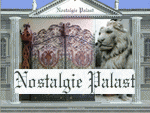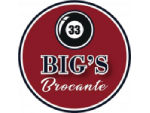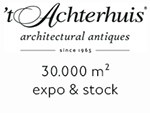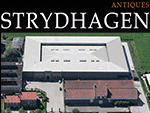Home > Recent Added Items > Georgian Gallery > Item
Georgian Gallery
| Georgian Gallery | |||
| Address: |
|
||
| Region: | Antwerpen | ||
| Country: | Belgium | ||
| Tel.: | +32 (0)3 2264032 | ||
| E-mail: | info@georgiangallery.be | ||
| Website: | www.georgiangallery.be | ||
|























